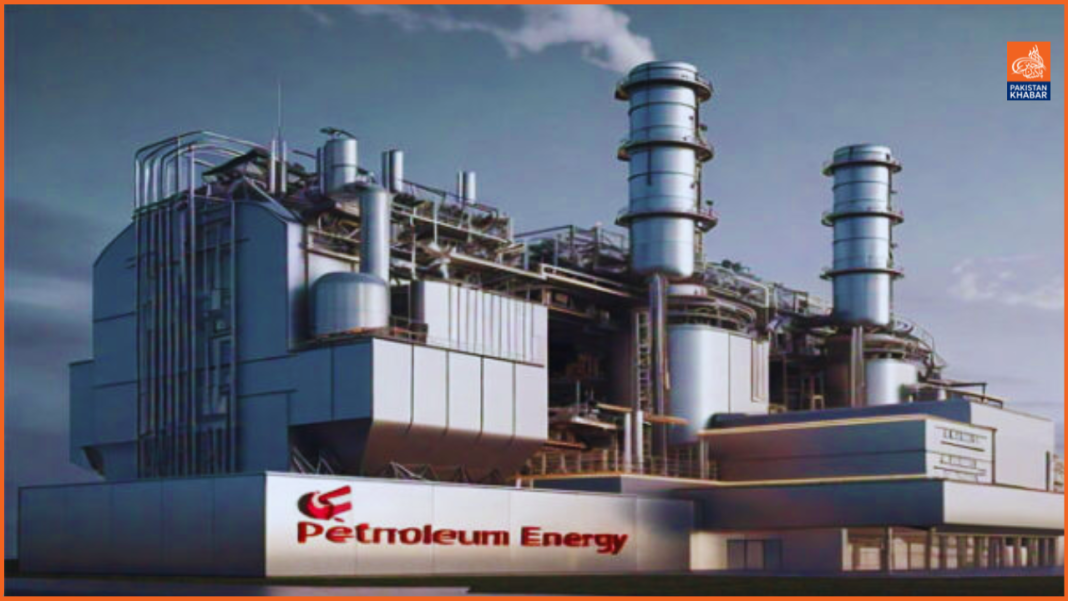A notable decline in global oil prices is set to offer significant economic relief to Pakistan, with potential annual savings of $3 to $3.5 billion on energy imports.
With crude oil prices falling to a three-year low of under $70 per barrel and expected to reach $60 by 2025, Pakistan stands to benefit significantly, according to Alpha Beta Core’s report, “A Path to Growth amidst Challenges.”
Khurram Shehzad, CEO of Alpha Beta Core, highlighted that reduced energy import costs would help mitigate inflation and narrow the trade deficit, given that energy imports account for 31% of the country’s total imports. The decrease in energy costs will also lower production expenses, enhancing the competitiveness of exports and overall economic performance.
Moreover, the decline in oil prices aligns with a reduction in borrowing costs, as the Central Bank has lowered the policy rate from 22% to 17.5%. These decreased energy and capital costs are expected to stimulate investment, encourage economic activity, and potentially push GDP growth beyond the anticipated 3.5% for 2025, particularly benefiting the manufacturing sector.
These positive developments are likely to bolster fiscal stability, with the current account deficit estimated to remain around 1.5% of GDP. International credit rating agencies have already improved Pakistan’s outlook, which enhances investor confidence. Experts are advocating for structural reforms to secure long-term benefits, while the lower energy costs could increase fiscal flexibility, reduce interest payments, and bring the budget deficit below 6% of GDP by 2025. Additionally, improved foreign exchange reserves will provide greater protection against external economic challenges.




